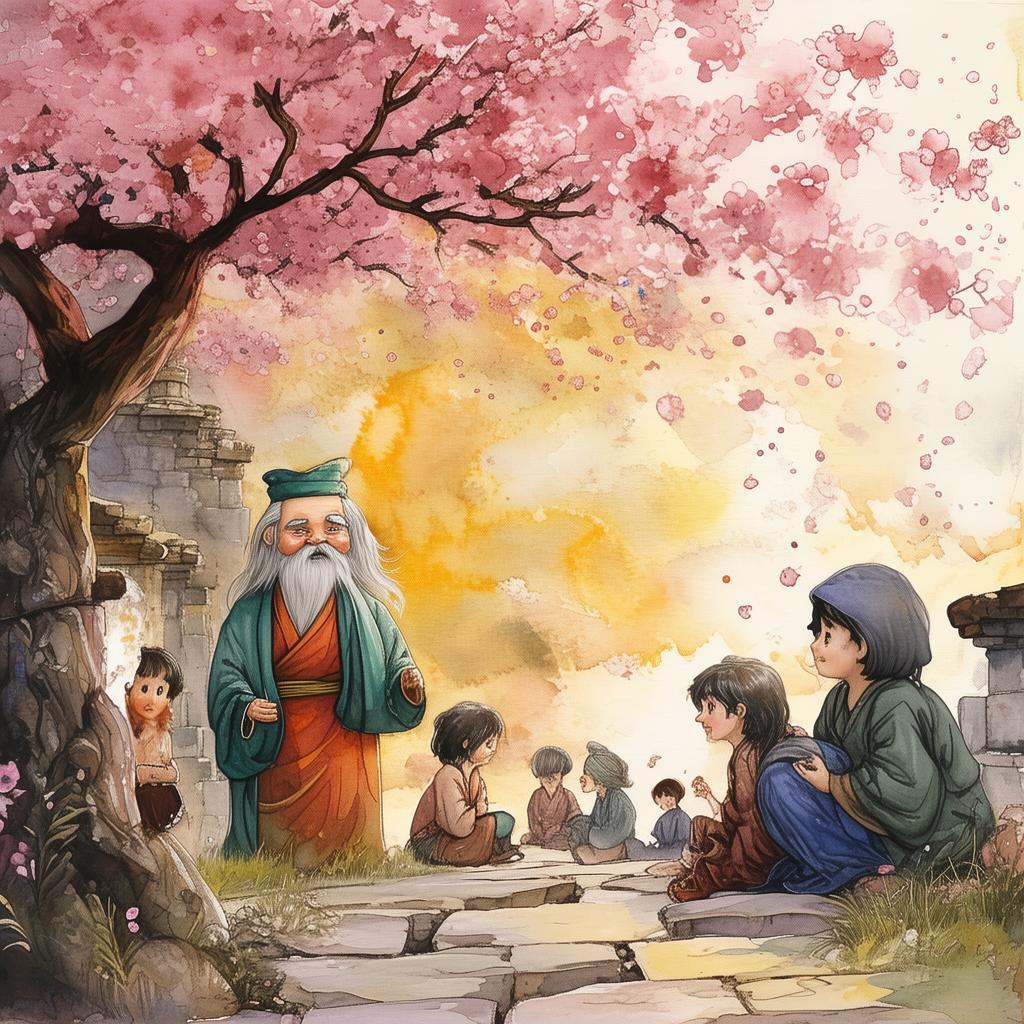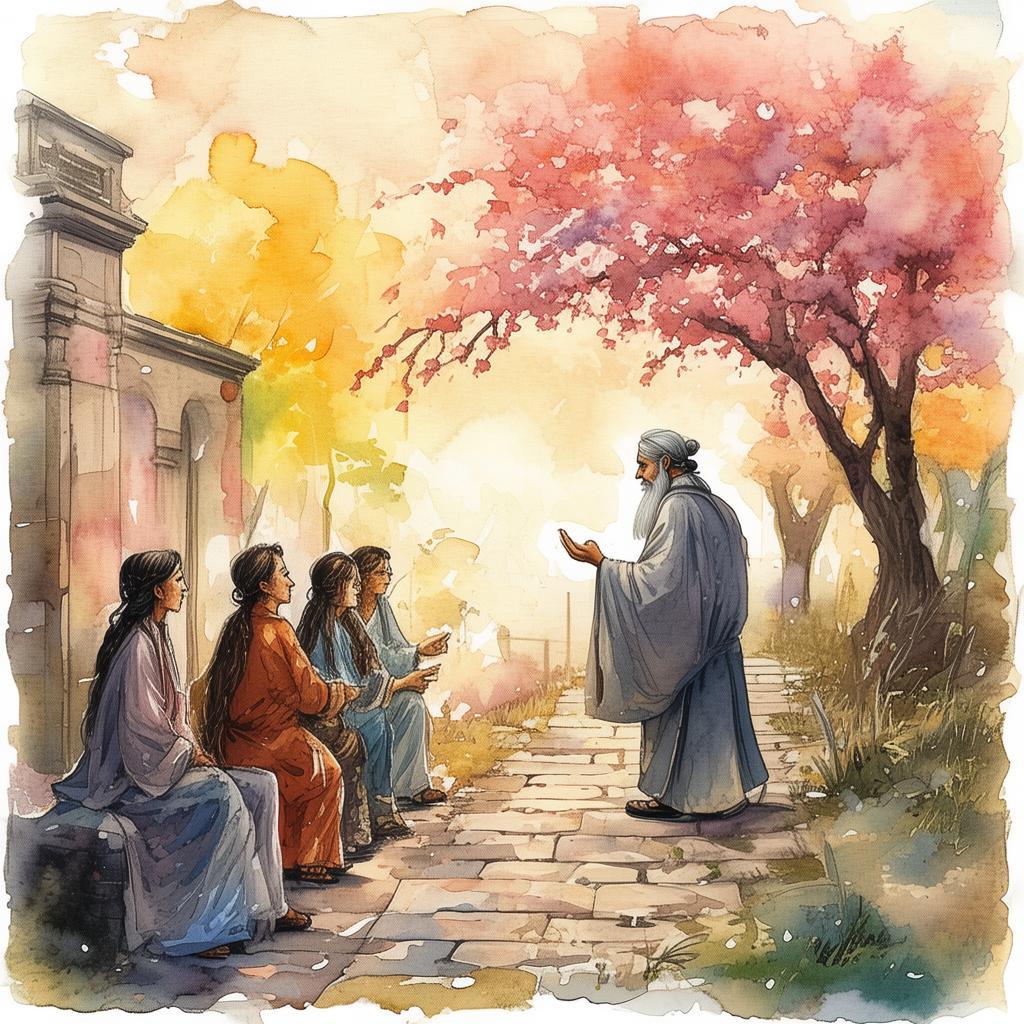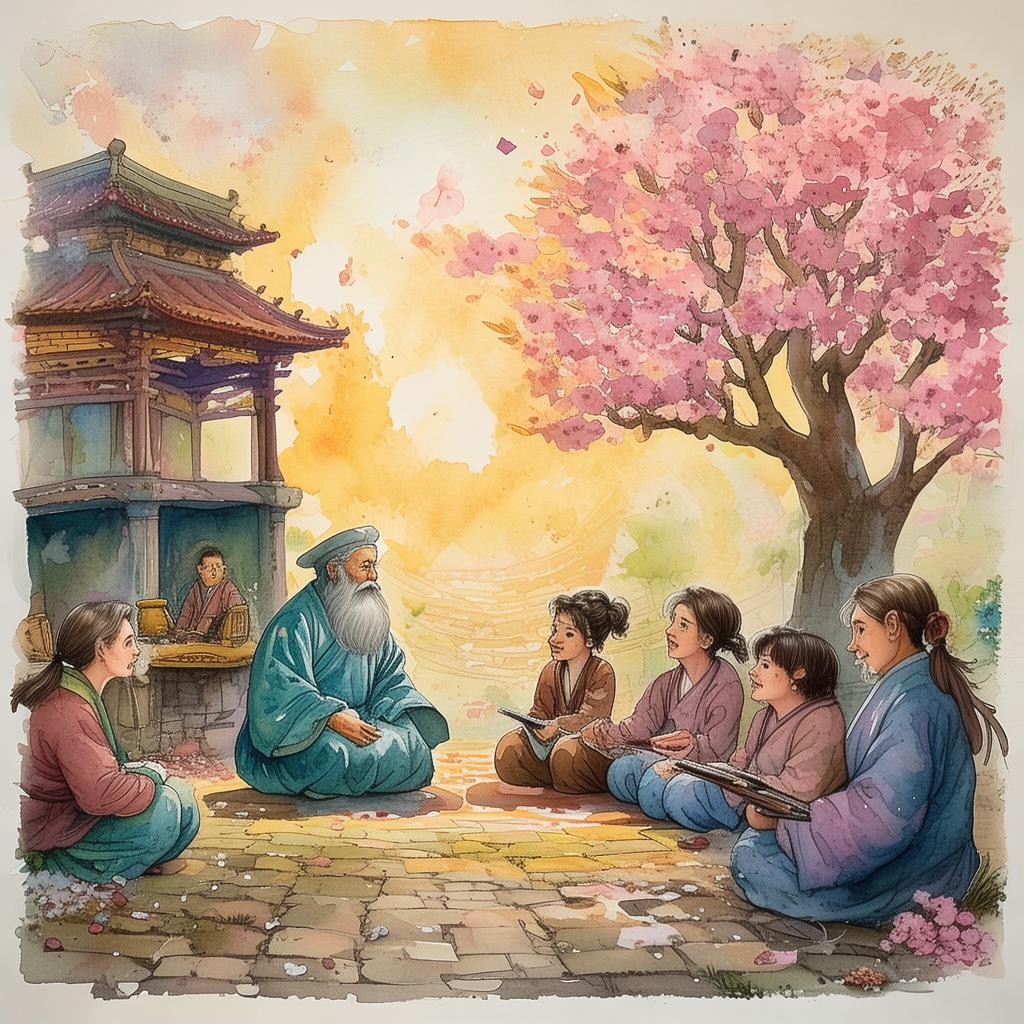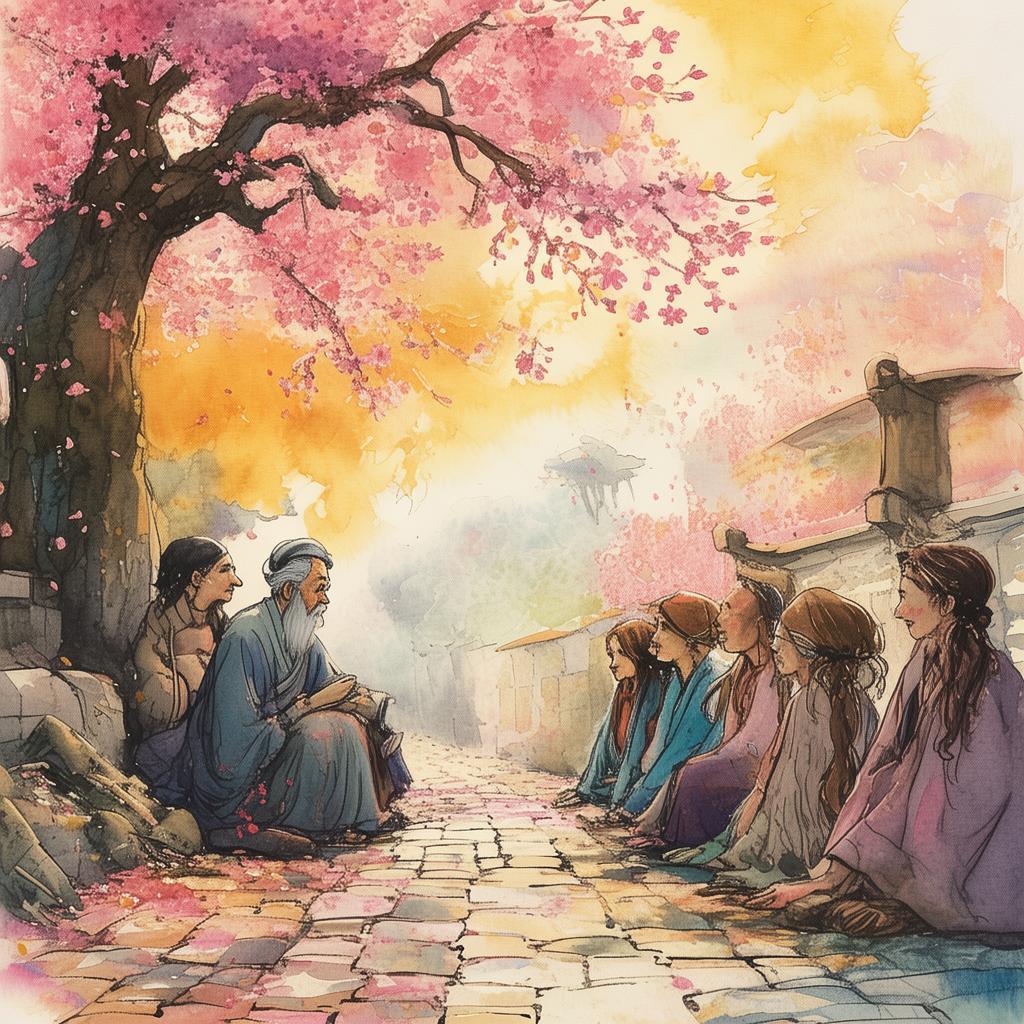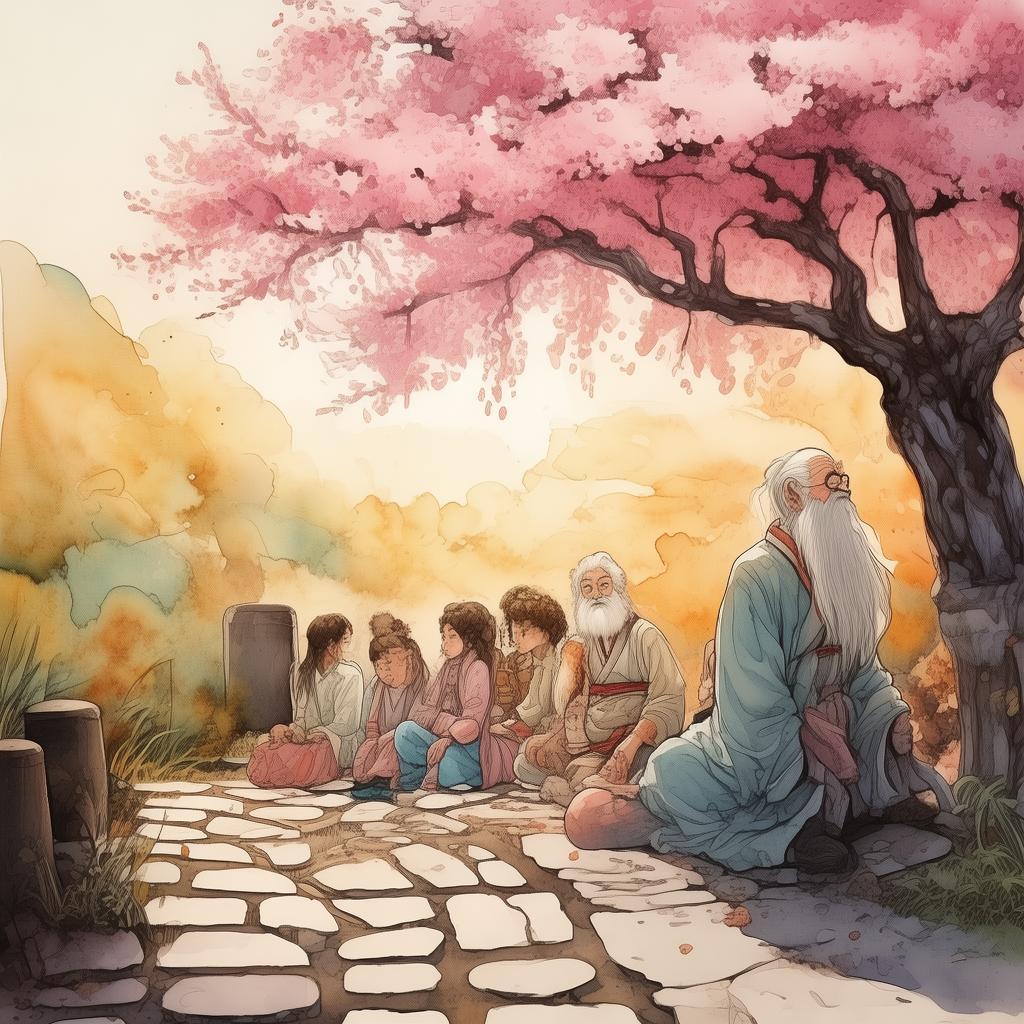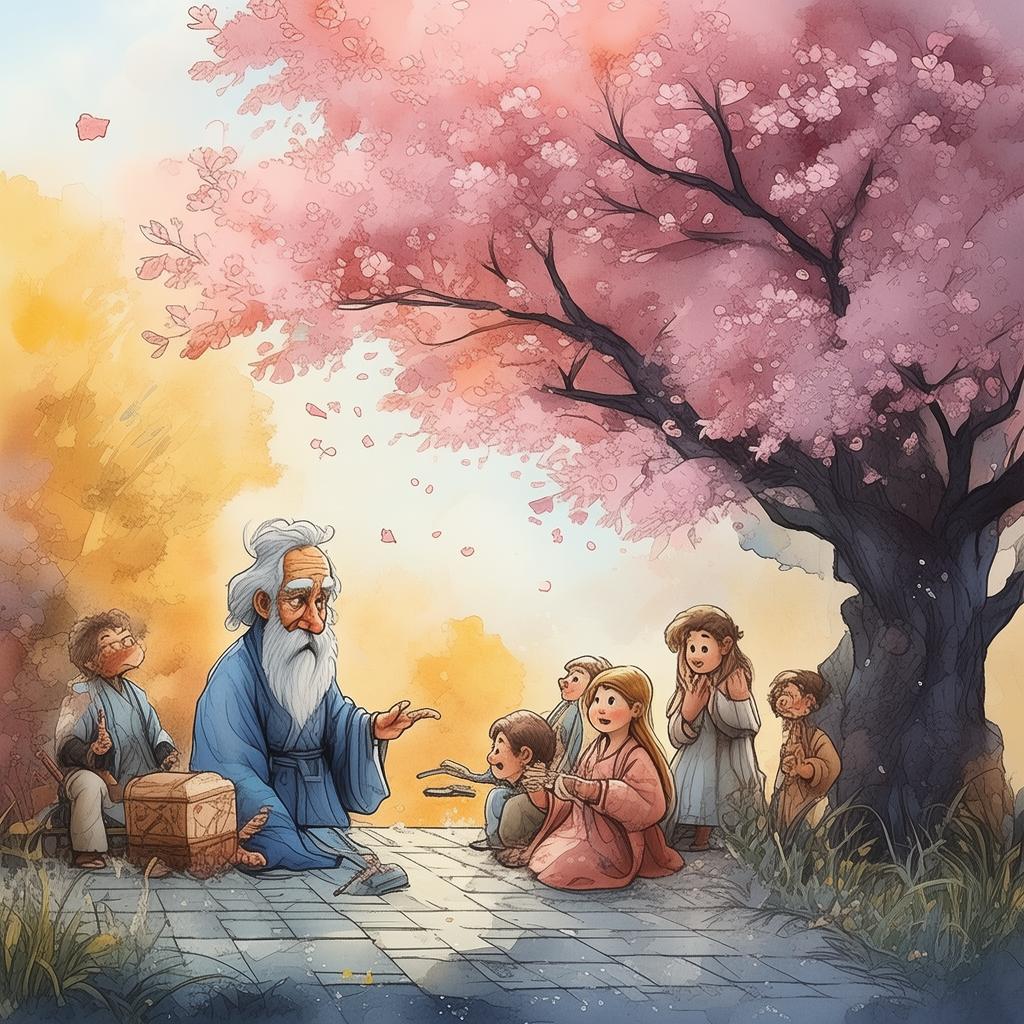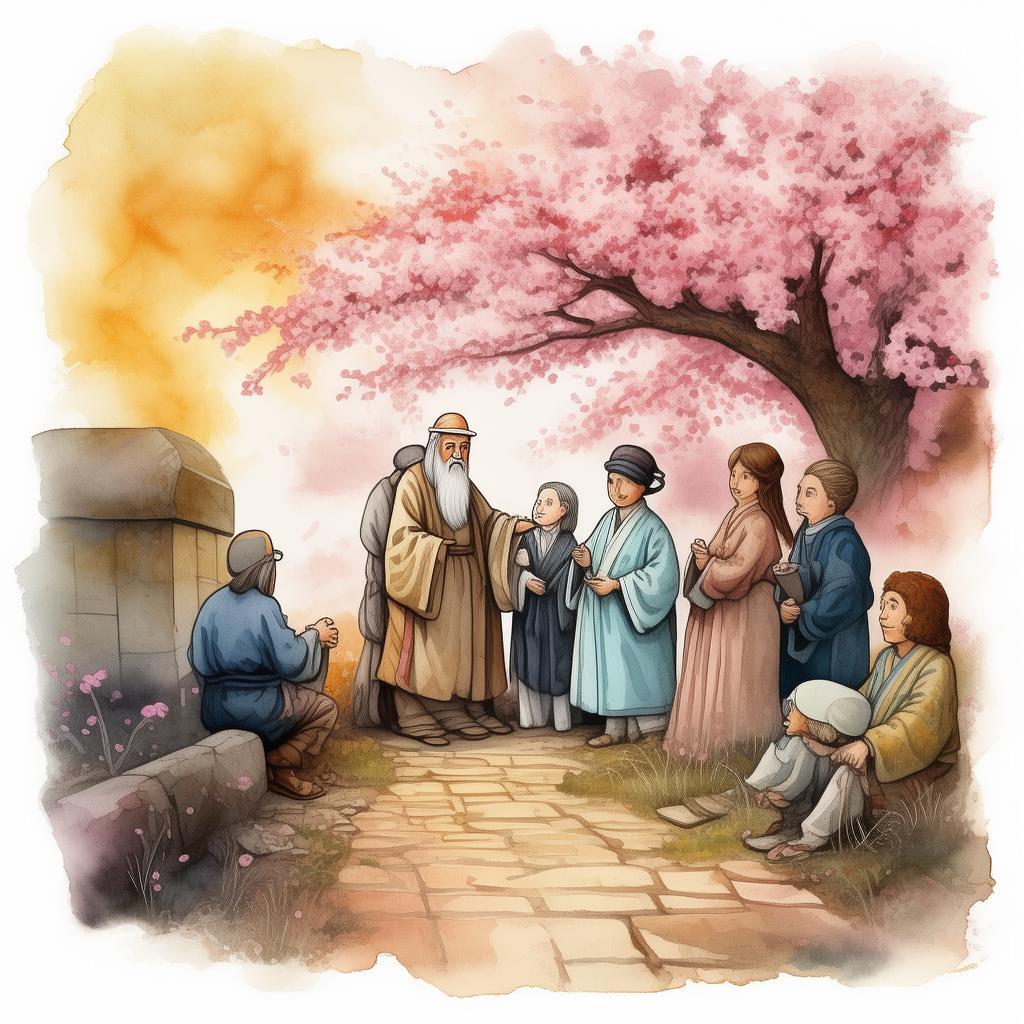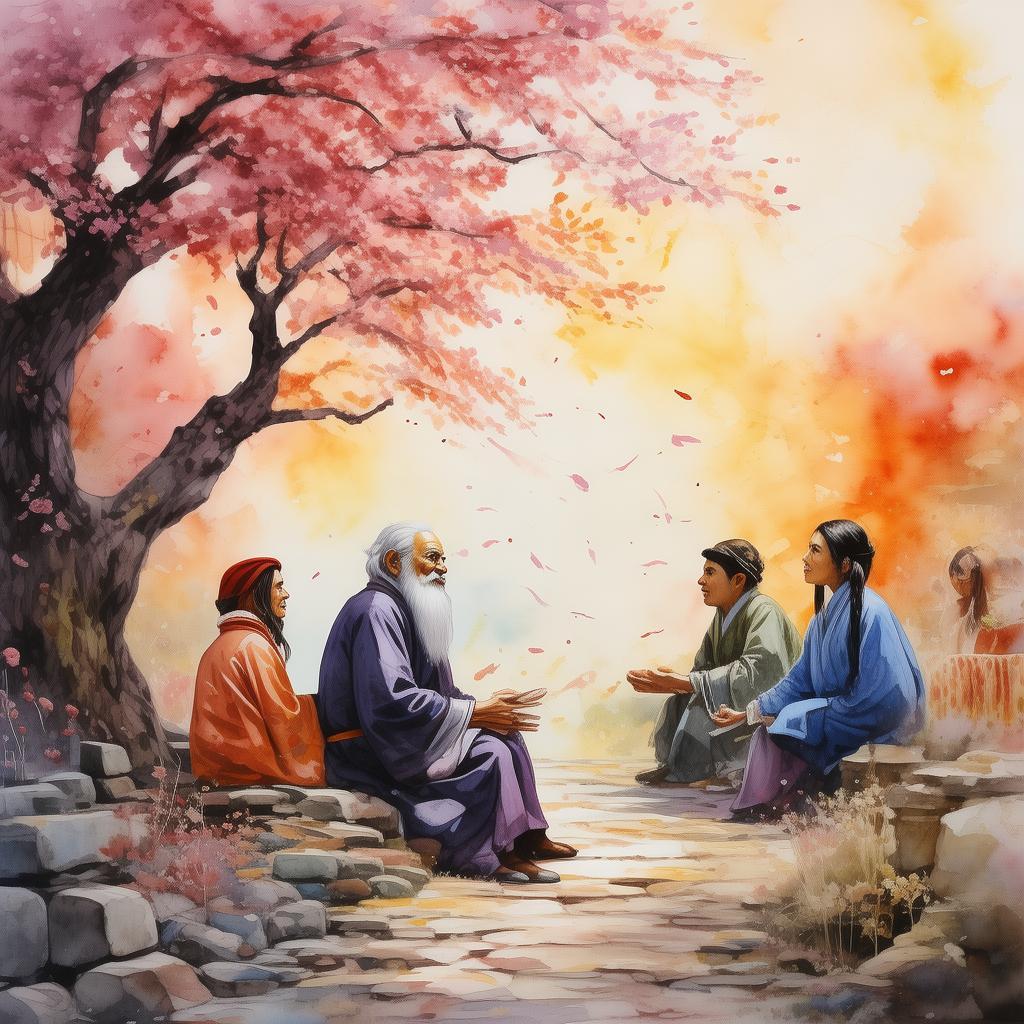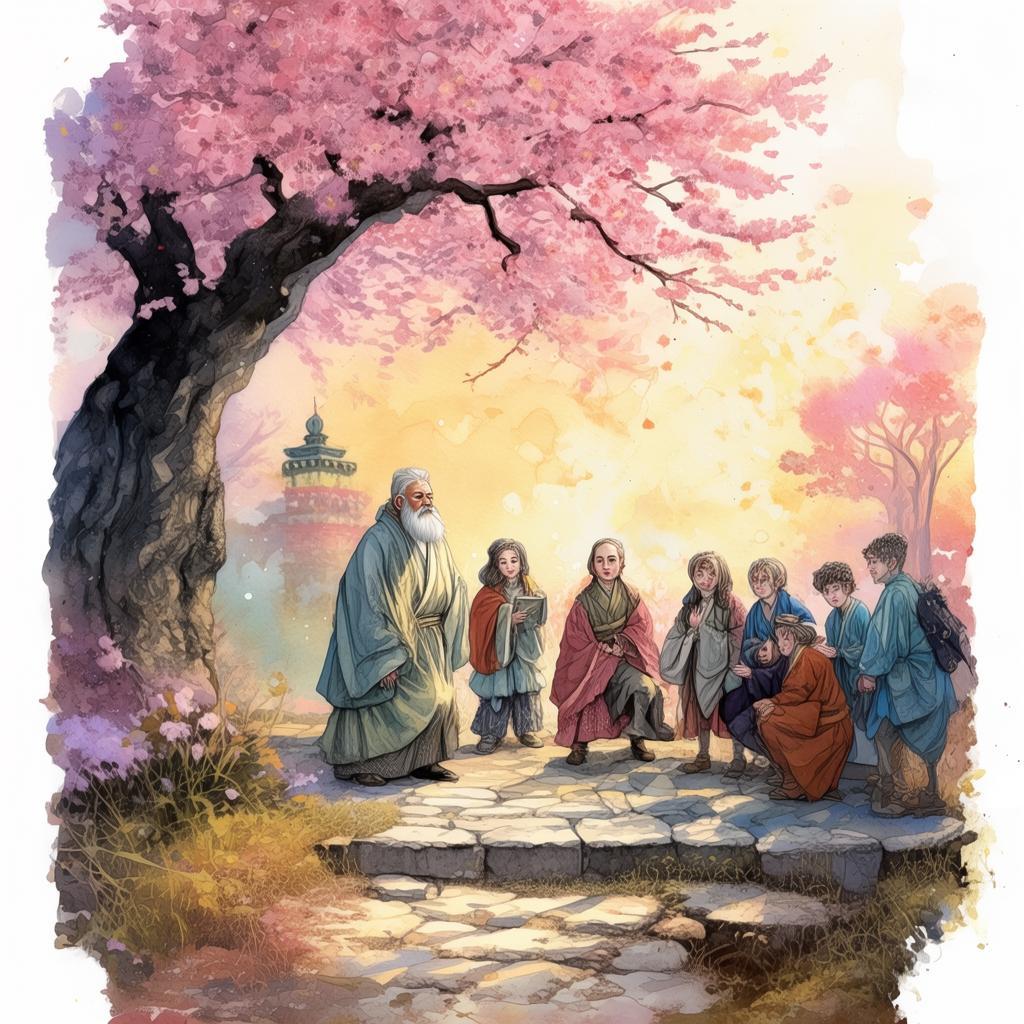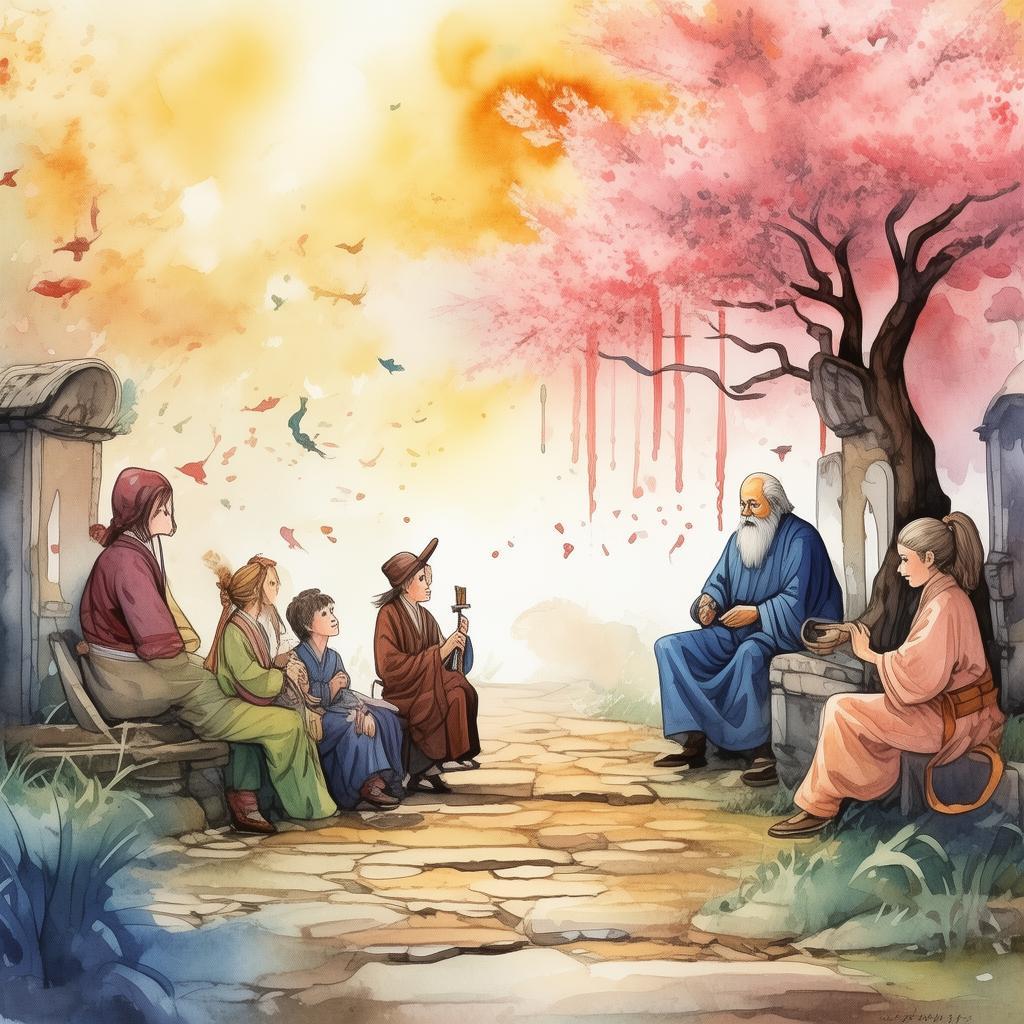The Swift River's Dilemma: A Choice Between War and Peace
In the heart of the verdant kingdom of Eldoria, the Swift River meandered like a silver snake, dividing the land into two distinct halves. On one side stood the village of Lumina, known for its prosperity and peace. On the other side, the village of Shadow, shrouded in mystery and whispers of ancient enmity.
For generations, the two villages had lived in harmony, their only connection the river that separated them. But this tranquility was about to be shattered by a series of mysterious events. One night, a fire ravaged the fields of Lumina, and the next morning, the crops of Shadow were found to be withered and dead. The villagers of Lumina were livid, and the people of Shadow were accused of sabotage.
Word of the incident spread like wildfire, and the king of Eldoria, a wise and just ruler, summoned the leaders of both villages to his court. The king listened to their grievances, and after much deliberation, he decreed that a council be formed to investigate the matter and find a resolution.
The council, consisting of the village leaders from Lumina and Shadow, met by the Swift River under the watchful eyes of the king. The air was thick with tension as each leader presented their side of the story. The leader of Lumina, a man named Eldrin, spoke first.
"Eldrin of Lumina," he declared, his voice firm and resolute, "the evidence is clear. The crops of Shadow were destroyed by a fire that night. It is only logical to assume that the people of Shadow are responsible."
The leader of Shadow, a woman named Elara, stood up, her eyes filled with defiance. "Elara of Shadow," she retorted, "the fire was set by a rogue bandit who sought to harm both our villages. It was not our doing."
The king, a man named Theron, leaned forward, his brow furrowed in contemplation. "Both villages have suffered greatly," he said, his voice calm and measured. "We must find a way to end this conflict and restore peace."
The council was at an impasse. The two leaders were steadfast in their beliefs, and the villagers of each village were just as resolute in their support. The king, seeing the stalemate, proposed a bold solution.
"Let us hold a contest," he suggested. "The village that can prove their innocence by completing a series of tasks will be declared blameless, and the other village will be absolved of any wrongdoing."

The council agreed, and the contest was set to begin at dawn. The tasks were arduous and varied, testing the wit, strength, and unity of each village. The people of Lumina worked tirelessly, their determination fueled by the memory of their lost crops. The people of Shadow, though weary, were equally determined to prove their innocence.
The first task was to cross the Swift River without the aid of bridges or boats. The villagers of Lumina constructed a series of floating platforms, using their ingenuity and resourcefulness to navigate the river. The people of Shadow, however, faced a greater challenge. They had to build a bridge using only the materials they had on hand.
As the sun rose, the villagers of Shadow began their work. Elara, the leader of Shadow, stood at the forefront, her hands calloused from the labor. The villagers worked in unison, their voices a cacophony of determination and hope. After hours of grueling effort, the bridge was complete. It was a marvel of engineering, a testament to the resilience and ingenuity of the people of Shadow.
The second task was to retrieve a lost artifact from the depths of the river. The villagers of Lumina sent divers into the water, their faces obscured by masks as they searched for the artifact. The people of Shadow, on the other hand, employed a different strategy. They used a series of nets and traps, their method more primitive but equally effective.
As the contest progressed, the villagers of both villages displayed remarkable courage and perseverance. The third task required the villagers to solve a riddle that had been passed down through generations. The riddle was a test of wisdom and understanding, and both villages rose to the occasion.
In the end, it was the people of Shadow who emerged victorious. Their bridge was deemed the most impressive, and their method of retrieving the artifact was deemed the most efficient. The villagers of Lumina, though disappointed, admitted that the people of Shadow had proven their innocence.
The king, pleased with the outcome, declared the people of Shadow blameless. The two villages, having faced a crisis together, forged a newfound respect and understanding for each other. The Swift River, once a symbol of division, became a bridge of unity.
The tale of the Swift River's Dilemma spread far and wide, becoming a parable of peace and unity. It taught that even in the face of adversity, courage, determination, and a willingness to work together could overcome the deepest divides.
In the years that followed, the people of Lumina and Shadow continued to thrive, their bond strengthened by the lessons they had learned. The Swift River remained a symbol of their shared history and the power of unity, a reminder that even in the darkest of times, peace could be found through understanding and cooperation.
✨ Original Statement ✨
All articles published on this website (including but not limited to text, images, videos, and other content) are original or authorized for reposting and are protected by relevant laws. Without the explicit written permission of this website, no individual or organization may copy, modify, repost, or use the content for commercial purposes.
If you need to quote or cooperate, please contact this site for authorization. We reserve the right to pursue legal responsibility for any unauthorized use.
Hereby declared.
